
A writer at The Shield, the university of southern Indiana’s student paper, wrote what has to be one of the stupidest “reviews” of the new Superman movie produced by James Gunn. But before that, what does she say about “Ironheart”:
Meanwhile, Marvel completely dumped “Ironheart” onto Disney+ after receiving massive backlash due to the insufferable main character and her barrage of insults toward Tony Stark.
Doesn’t she mean the actress delivered an insufferable performance? Whatever, the way she terms it hints at what’s to come in this soggy excuse for a review. Though it does strongly hint a lot of the SJWs who supposedly were going out of their way to promote a character who was initially intended as an attempt to replace Tony as Iron Man never really cared about the replacement creation to start with, and by now, it’s definitely moot. Now, here’s the part that’s truly insulting to the intellect when it comes to discussing Superman:
Personally, I never liked Superman. I always thought the character was too perfect. “Oh, his only weakness is a crystal that doesn’t even exist on Earth anymore!” It never seemed like good character writing.
That was also a big reason why I preferred Marvel growing up. The Snyderverse DC movies were gritty, while the Marvel Cinematic Universe was more kid-friendly—or at least as kid-friendly as a PG-13 movie could get. I thought Superman was a bad character because there was no lesson to learn from him. He was considered a perfect being.
It’s clear for starters we have another phony here who’s never read even a single comic story where Superman was portrayed with vulnerability to magic, or even high-tech robots from other galaxies. It’s also clear she only sees what she wants to in Superman, when you could say the same thing about countless Golden Age creations, right down to even Capt. America, and Reed Richards of the Fantastic Four in the Silver Age. And what lessons was she expecting from Superman? The vast knowledge he could be written offering everybody on various topics involving morale and whatnot? I don’t know. I think she only believes being relatable is the issue, when here, Lois Lane was the girl he loved most. And there were times when Superman could be depicted making mistakes in battle, if anything. Does the writer really think not a single Supes writer over the years ever tried depicting the Man of Steel screwing up in any way?
She ironically does allude to how any weaknesses in character portrayal are the fault of real life writers, but when she boomerangs back on the cliched tactic that makes it sound like Superman’s a real person instead of a fictional character illustrated on the pages of comics, that ruins everything. That said, she’s rather obviously talking almost entirely about movies, and that doesn’t bode well. Also, wasn’t one of the Thor sequels dark? And at the time Snyder’s film was made, weren’t most superhero movies PG-13 at best? While there have been some R-rated comics adaptations like Blade, they’re few and far between, based of course on the whole notion of how commercialism should be handled.
Now flash forward to June 13. I had been—surprisingly—begging my dad to go watch it with me. Like I said, I used to hate Superman with a burning passion. But from the trailers, I got the sense that this wasn’t going to be the kind of Superman movie I was used to.
This movie took everything I thought I knew about Superman and flipped it on its head. It turned Clark Kent into a real character, rather than just Superman’s alter ego. David Corenswet completely stole the show with how he portrayed Superman as an emotionally intelligent, righteous man who genuinely wants to see the good in people and help those in need.
I think anybody who has it in for a fictional character is doing no better than anybody who hates imperfect but decent people in real life with a “burning passion”. Especially when said character was created to represent goodness and upholding the law. How are those deserving of hatred, but never villains like the Joker, or even Lex Luthor? On which note, here’s what the college paper writer says about Superman’s leading earthbound archnemesis, and this is admittedly pretty surprising:
Lex Luthor is a top-tier hater and I loved Nicholas Hoult’s portrayal of him. You can tell that Luthor has deep-rooted, generational beef with Superman. Hoult nailed what I believe is a very comic-accurate personality for the character.
After the movie, my mom and I were talking in the car. She didn’t understand why Luthor was crying at the end. I explained it like this: he gave off major Jeff Bezos vibes—a greedy businessman who only holds power when the media and public are on his side.
He had no true power. His money came from sponsors and public support. Without the government or people behind him, he was nothing. So he cried out of anger. I appreciated that the movie didn’t just portray Luthor as a villain, but as a man—a spoiled toddler who didn’t get his way. Hoult made that character human.

I must admit it’s quite a surprise she didn’t cite examples from the right like Donald Trump and Elon Musk, but rather, somebody who’s more to the left like Bezos. But, I wonder if that’s got something to do with the writer feeling ripped off by a lousy purchase on Amazon, and nothing to do with whether she doesn’t like the Washington Post, which is owned by Bezos’ businesses. And again, her whole approach to logic is monumentally shoddy, and it doesn’t sound like she’s a comics reader per se; just a moviegoer with little caring for the comics proper. And since when wasn’t Superman ever depicted as intelligent, righteous and caring? That too is decidedly ignorant, and laughable. If what Supes is portrayed caring about in the movie is potential savages simply because they’re not depicted as technologically advanced, that’s troubling, and ignores that even people who aren’t millionaires can be very dangerous, and abusive to women and girls.
In this universe, Green Lantern is Guy Gardner—an absolute tool. Hawkgirl is a brutal fighter, the total opposite of Superman. She’s aggressive and throws herself into battle, while Superman is more calculated and careful, especially when it comes to protecting civilians.
There’s a scene in the second half of the movie where Hawkgirl grabs the president of Boravia, Vasil Ghurkos. He laughs in her face, saying she won’t kill him. She simply says, “I’m not Superman,” and drops him. His death isn’t shown on screen, so maybe he’ll come back—but it seems unlikely.
Well this certainly is quite a 360 from the moment in Black Adam where the race-swapped Hawkman argues to the title character that “superheroes don’t kill” (to which Dwayne Johnson replies, “well I do!”), which was very silly. But the 2025 Superman movie can easily be described as a case of going too far in the opposite direction, mainly because the war criminal she drops is a metaphor for western/Israeli figures. So what’s to find impressive about this scene either? Besides, neither the Golden nor Silver Age Hawks were depicted as that open to slaying criminals back in the day. I think the rendition here might partially draw from the decidedly shoddy writings of James Robinson and Geoff Johns, though even back in the early 2000s, those comics may not have been anywhere near as eyebrow raising as what this movie dishes out.
Lois Lane was another highlight. I love that she was portrayed as smart and strong—never the damsel in distress. She challenges Superman and questions his motives. Early in the film, there’s a scene where she interviews him as Superman and pushes back on his actions, asking about the legal consequences. Clark breaks his calm demeanor and snaps, “People were going to die!”
Well people in southern Israel were murdered on October 7, 2023, and Gunn possibly chose the wrong side to portray as victims? Not people who were attending a music concert? I’m sorry, but the kind of easy path taken in this new movie only minimizes more challenging subjects that could be explored in showbiz. And there were plenty of times when Lois was depicted in comicdom as smart, and as strong as one could expect for a non-powered cast member, particularly by the late 60s-early 70s. And it’s not like she was always portrayed as in total distress, or unable to go down a brave fighter in combat. That also improved by the Bronze Age.
There’s a beautiful speech Superman gives to Luthor at the end, where he says that even though he’s Kryptonian, he’s still human—because he makes mistakes and doesn’t always know what to do. But he keeps going. “That’s being human.” Clark Kent isn’t just Superman. He’s not some brooding figure like Henry Cavill’s version. He’s someone who gets hurt, who trusts easily, who can be vulnerable. […]
In the beginning, I said I hated Superman because he was too perfect. But this movie proves he isn’t. He gets hurt. He bleeds. He cries. That’s also why I never liked Snyder’s Superman—we never saw any real emotion from him besides anger.
Oh for heaven’s sake. Is crying much better than anger? Not really. So that’s another example where arguably, they went too far in another direction, just to prove stuff that may have already been done in the comics proper, and again, Superman got hurt by more than just kryptonite or even magic in the comics too. So what does this review of a movie prove, any more than the movie itself? Not much at all. Just that somebody has such limited knowledge of Superman’s history, and relies far too much on modern publications for information. I suspect she’s not interested in buying the new series of reprint archives, DC Finest, which also reprints plenty of Superman tales from decades past. But that’s what I want to buy, and then be able to read a lot of past stories, and judge how they stand or fall from that perspective. Movies shouldn’t have to be what we judge by, and certainly not alone. Unfortunately, the writer of this college-based puff piece is doing just that, and it makes her whole review age poorly, not unlike some of the more modern productions and publications themselves. This “review” represents all that’s wrong with university papers. It’s unintelligible, unprofessional, and there’s no real discerning or distinctions made between real life and fiction. As noted before, if she came close to acknowledging it’s the writers who bear responsibility for poor characterization, she ruined everything by falling back on the classic illogical approach that’s sadly been prevalent for decades now. As a result, I wish she’d never review any more comics movies again, let alone the comics themselves.
Originally published here


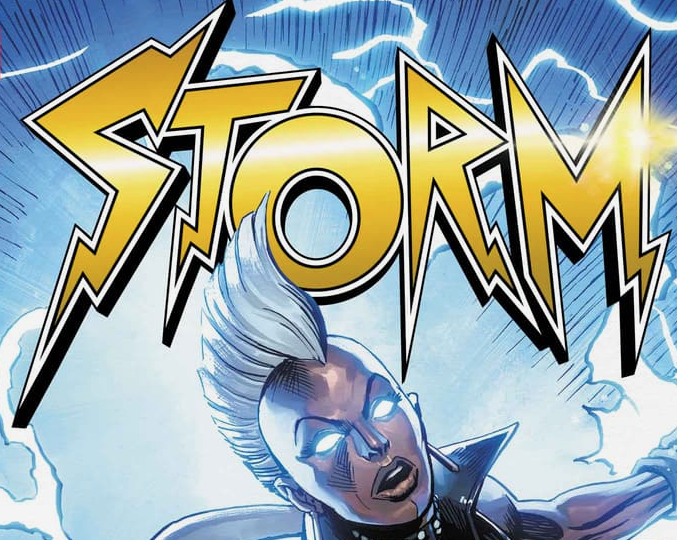
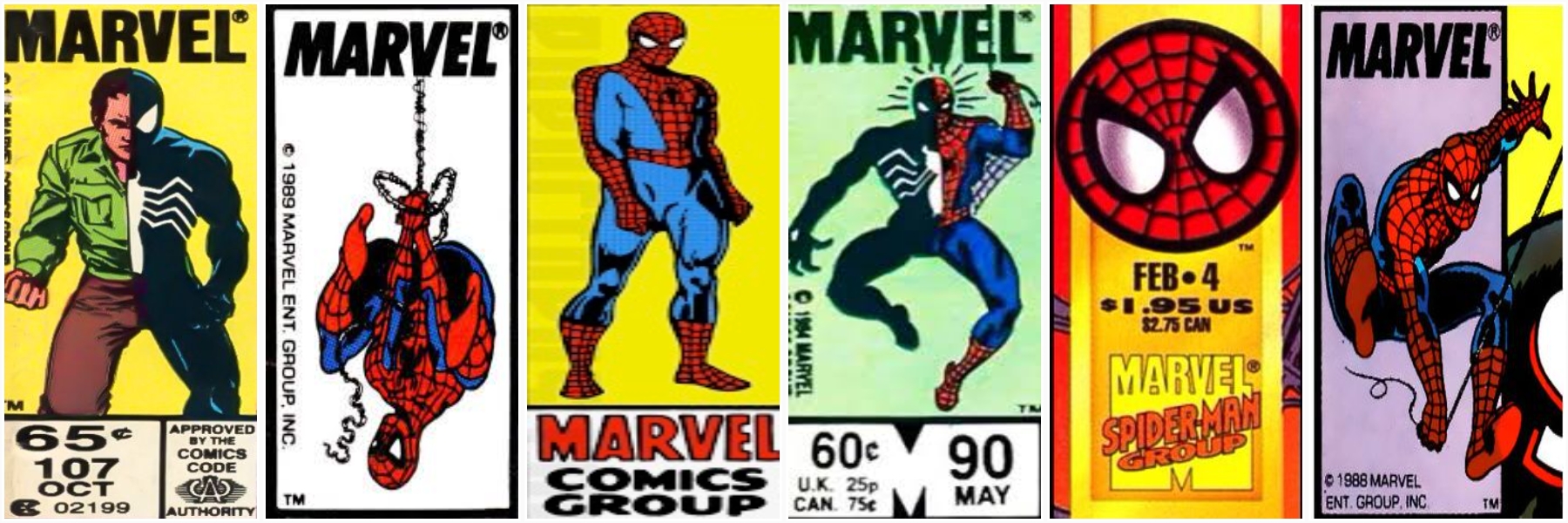

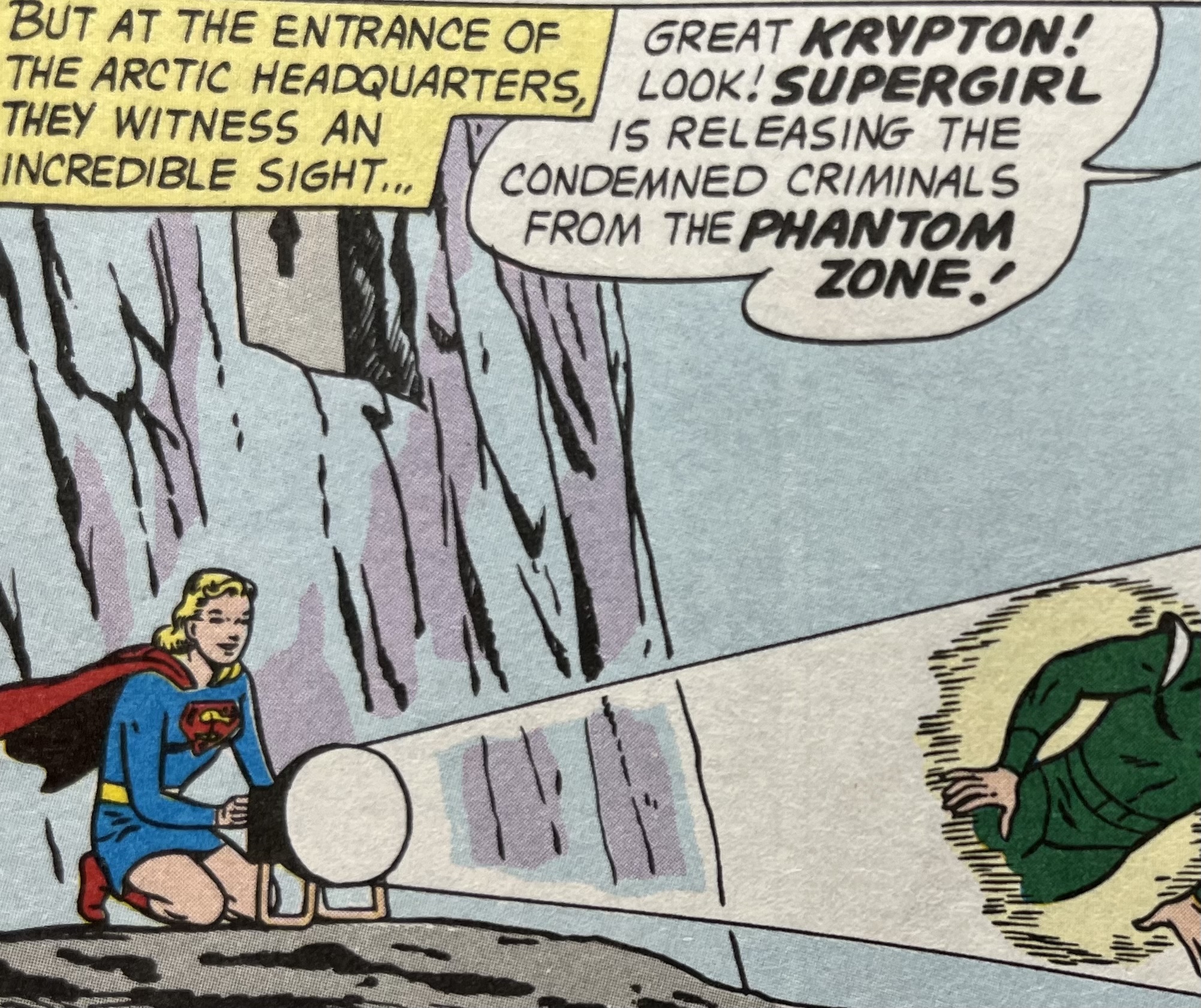

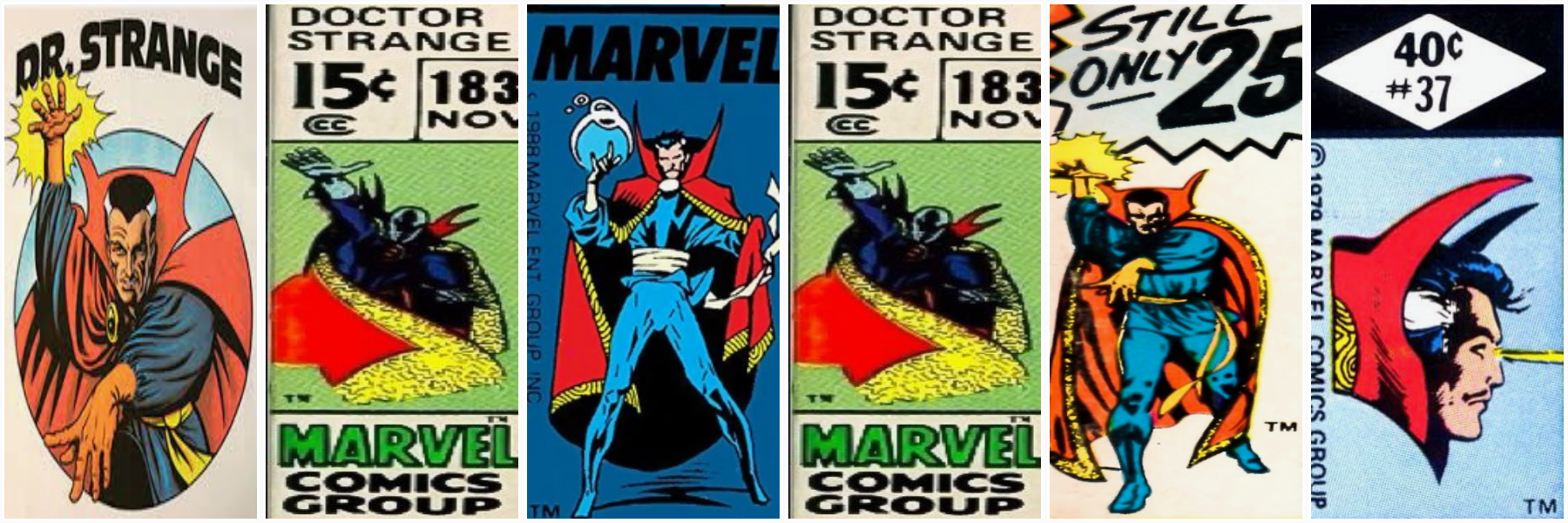





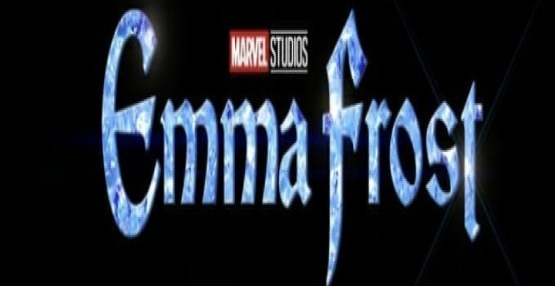



!["Superman" (2025) Brings Heart, High Stakes, and Surprising Twists [SPOILER-FILLED REVIEW]](https://www.supermansupersite.com/Superman_2025_Retro_Poster.jpg)

 English (US) ·
English (US) ·